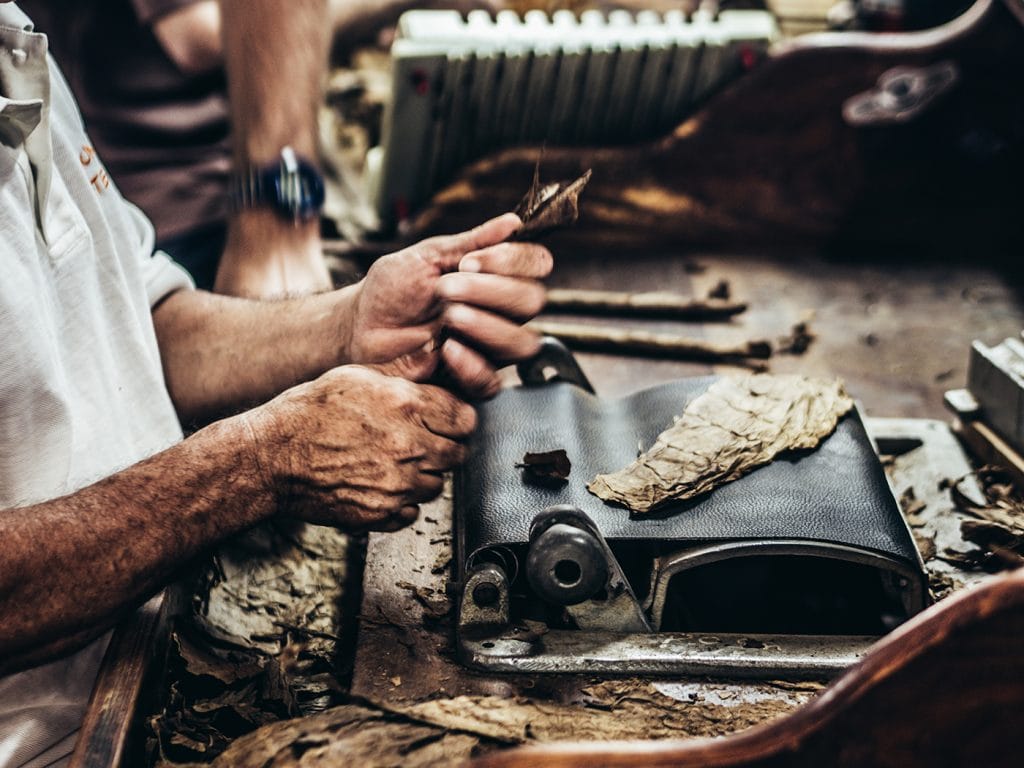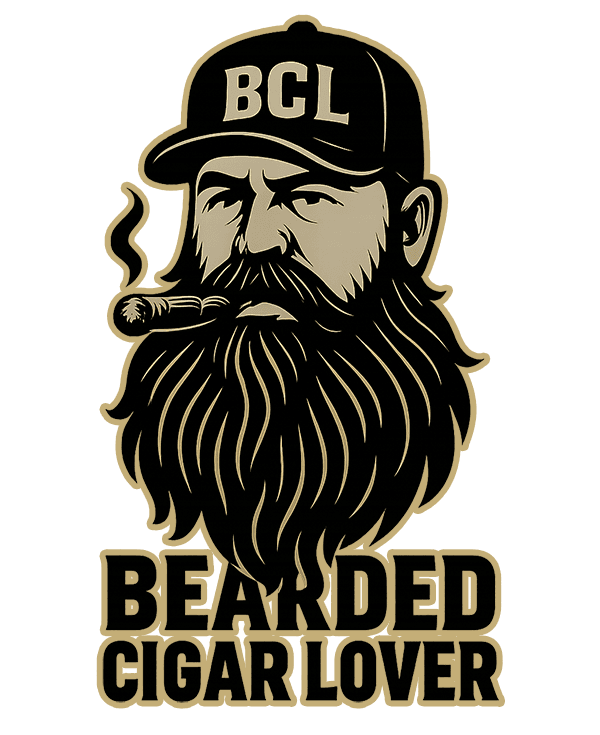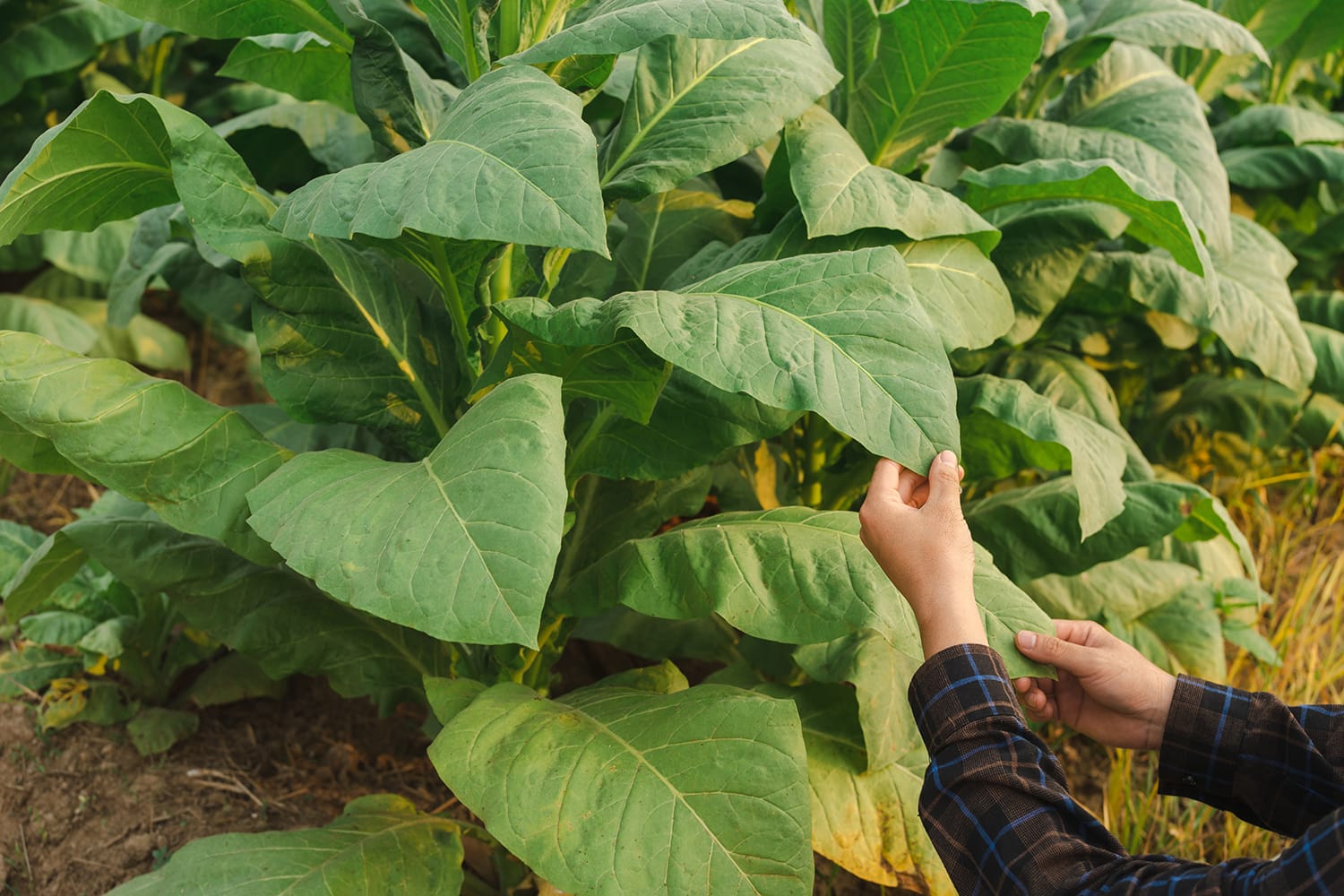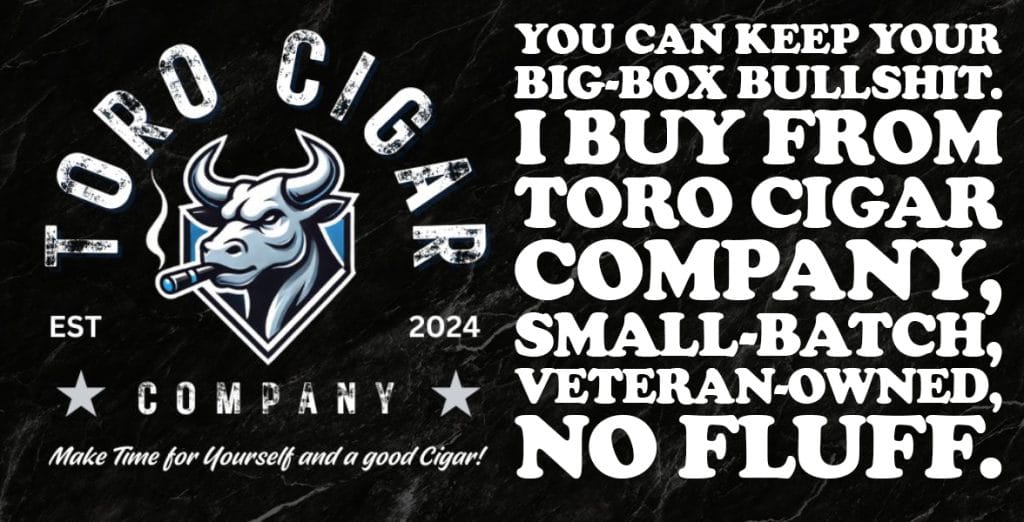Let’s get one thing straight right out of the gate, Boutique cigars aren’t better than legacy brands. They’re not worse either. They’re just different. That might sound like a diplomatic cop-out, but it’s the truth, and it’s one the cigar community needs to start saying out loud without flinching. There’s this growing narrative online, especially in the world of social media cigar influencers, that boutique cigars are somehow the “elevated” choice, the “new wave,” the “craft” alternative to the so-called dinosaurs of the industry. But that’s missing the point entirely. Boutique cigars didn’t show up to dethrone the legacy brands. They showed up to add to the story.
The cigar world has always thrived on depth, depth of flavor, depth of tradition, and depth of craftsmanship. The legacy brands, such as the Fuentes, the Padrones, the Plasencias, the Olivas, and My Fathers, are the names that built the bedrock of this entire culture. They’re the reason we even have an industry that can support a boutique movement. Decades, sometimes generations, of growing, curing, fermenting, and blending have gone into the legacy lines that define what “premium” even means. They are the masters of consistency, of discipline, of patience. These brands have faced political revolutions, embargoes, natural disasters, and shifting markets, yet they remain standing strong because they’re built on hard-earned knowledge and respect for the leaf.
But that doesn’t mean boutique cigars don’t bring value, quite the opposite. The boutique cigar movement represents what’s next, new blood with the guts to try things differently, to bend tradition without breaking it. They’re the punk rockers of the cigar world, the independent thinkers who don’t care if something has never been done before. They’re not focused on mass production or legacy status; they’re focused on flavor exploration. On pushing boundaries and making smokers stop mid-draw and think, What the hell is this?
That’s where the magic happens, in the differences. Boutique cigar brands often operate with smaller production runs, and that’s their advantage. They can take risks that big manufacturers can’t afford to take. They can play with fermentation times, experiment with hybrid seeds, or source a particular lot of tobacco that wouldn’t make sense for a legacy brand rolling millions of cigars a year. They can release something wild and limited and not worry about scaling it to global demand. It’s a freedom the legacy brands don’t always have, and it’s one of the reasons boutique cigars often taste so bold and unique.
But let’s also get something straight: most boutique cigar brands don’t own their own factories. They don’t own farms. They’re not growing their own tobacco in the mountains of Estelí or the valleys of the Dominican Republic. The majority of boutique cigars are rolled in the same factories as the legacy brands. And that’s not a knock, it’s a strength. Because these partnerships are what keep the quality high.
Think about it: factories like AJ Fernandez, Plasencia, Tabacalera La Alianza (run by Ernesto Perez-Carrillo), and My Father have decades of blending experience, infrastructure, and top-tier rollers who’ve been doing this for years. When a boutique cigar brand partners with one of these legacy factories, they’re not just renting space, they’re tapping into generations of expertise. The factory ensures that the cigars burn properly, draw correctly, and age correctly. Meanwhile, the boutique brand gets to bring their creativity to the table, experimenting with new ideas under the guidance of the masters.
That’s not “boutique cigars vs. legacy cigar.”
That’s collaboration.
That’s how this industry grows.
And when it’s done right, it’s beautiful. You’ll see brand owners who aren’t afraid to get their hands dirty, guys who spend hours in the blending room, tasting, adjusting, arguing over ratios of ligero to viso, going back and forth until they hit that perfect balance. Many of them work side by side with the same blenders and rollers who helped shape the industry decades ago. It’s not about ego or trying to outshine anyone. It’s about respect, respect for the leaf, for the people who handle it, and for the art form itself.
That’s what makes this relationship between boutique and legacy so damn important. It’s a symbiotic dance. Legacy brands carry the weight of history, refined craftsmanship, stable supply chains, and global reach. They keep the cigar world grounded and reputable. The boutique brands bring energy, innovation, and personality. They light a fire under the industry and remind everyone that the culture of cigars is still alive, evolving, and full of creativity.
Some smokers view the boutique cigar scene as the new gold standard. Others dismiss it as a fad. The truth, though, is that neither is right. Boutique cigars aren’t a replacement, they’re a reflection of how the industry adapts to new generations. These smaller brands are often run by individuals who started out as passionate cigar smokers themselves, people who got into blending not because they sought fame, but because they wanted to create something they believed in. That kind of authenticity is what connects deeply with modern cigar lovers.
Social media has only amplified that connection. Platforms like Instagram have given boutique brands a voice and personality that legacy brands lacked in the past. Legacy houses built their names through tradition and trust. Boutiques build theirs through storytelling, transparency, and showing their fans what’s happening behind the scenes. They take you into the fields, into the blending rooms, into their struggles and triumphs. That’s not better or worse, it’s just different marketing for a different era.
But let’s not lose sight of reality here. The legacy brands have earned their stripes. They’ve been through the grind, surviving everything from civil wars in Nicaragua to embargoes that reshaped the entire market. They have the discipline to make a cigar that tastes exactly the same every single time you light it. That’s not easy. In fact, it’s probably one of the hardest things in this business. To make something consistent, balanced, and timeless, year after year, harvest after harvest, that’s mastery. That’s legacy.
Meanwhile, boutique cigar brands thrive on imperfection. They lean into the unpredictability of the leaf. You’ll often hear boutique brand owners say something like, “Every batch tells a story.” They embrace the slight differences from year to year because that’s part of the experience. One release might be bolder, another smoother, another wildly experimental, and that’s part of the charm. It’s the same way craft beer changed how people thought about drinking. You can appreciate a perfectly balanced Budweiser, but you might still reach for a local IPA that makes your taste buds explode. Both have a place. Both have purpose.
When a boutique brand hits that perfect blend, it’s electric. You can feel it in the smoke, it has personality. You can taste the risk and the heart behind it. But when you light up a legendary cigar, you feel the weight of time, the comfort of history, the refinement of something honed over decades. That’s not something you can fake. That’s earned through years of mistakes, trials, and relentless dedication to perfection.
And here’s the kicker, one isn’t trying to be the other. The best boutique cigar brands aren’t trying to “beat” the legacy guys. They’re trying to learn from them, to build relationships, to carry forward the same passion in new ways. Some of today’s most respected boutique names started as collaborations with legacy manufacturers. Over time, they’ve grown, learned, and developed their own identity, but they’ll be the first to tell you they stand on the shoulders of giants.

There’s no shame in that. There’s honor in it because that’s how every great tradition survives, through mentorship, through shared craft, through generations of hands working toward the same goal.
The cigar world isn’t about rivalry, it’s about lineage. And when you step back and look at the big picture, you realize that the so-called “boutique movement” isn’t a rebellion. It’s an evolution. It’s the next verse in a song that’s been playing for centuries.
We’re fortunate to live in an era where both exist. You can sit down with a Padrón 1926 and marvel at its flawless construction and precision blending. Then you can follow it up with a small-batch release from a boutique brand that’s experimenting with an Ecuadorian-grown broadleaf or a long-aged Olor binder and get hit with something entirely new. You can appreciate both, because they represent different sides of the same passion.
That’s the beauty of this industry, it’s not static. It breathes. It grows. It evolves with every leaf harvested, every roller’s hands, every smoker who sits down to light one up and take a break from the noise of the world. Whether a legacy or boutique, every cigar tells a story. One is written in ink, while the other is written in spray paint. But both matter.
So the next time you hear someone say, “Boutique cigars are better,” don’t bite. Smile. Hand them a cigar from both worlds and tell them to light up one after the other. Let the leaf do the talking. Because once that smoke curls up and fills the air, the argument fades away.
At the end of the day, it’s not about who’s better, it’s about who’s honest. The legacy brands have given their lives to the craft, and the boutique brands are giving it new energy. Together, they keep this culture alive, grounded, and full of heart. That’s not competition. That’s community.
The truth is simple: Boutique cigars aren’t better than legacy brands. They’re different. And that difference is what makes the cigar world one of the most passionate, creative, and authentic industries on the planet. It’s where history and innovation shake hands, and where a small brand rolling thier first cigar in a Nicaraguan factory might just become the next legend.
That’s not rivalry, that’s progress. That’s tradition reborn.
Because cigars, whether boutique or legacy, have never been about who made them first or who sells the most boxes. They’ve always been about connection. The connection between grower and blender, between maker and smoker, between passion and patience.
And that connection? It’s the heartbeat of this culture. Always has been. Always will be.




